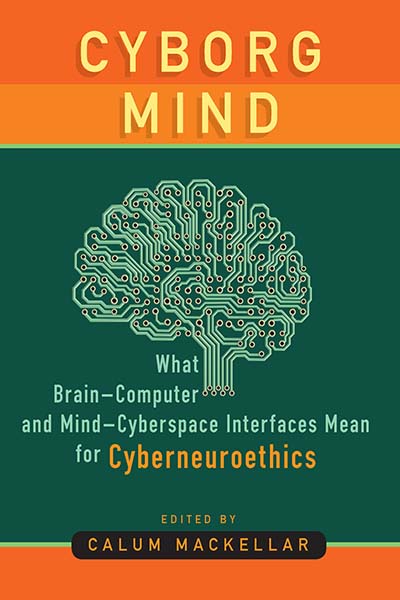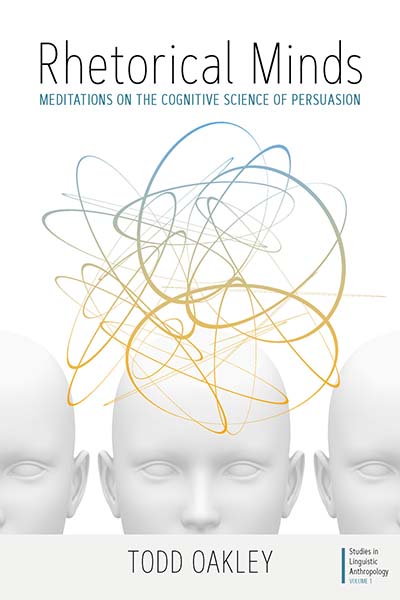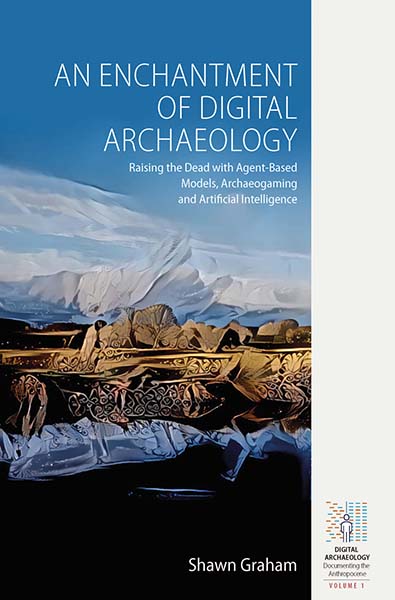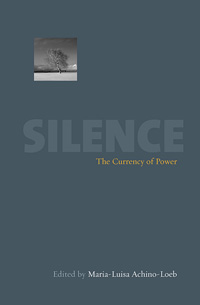
Series
Volume 2
Explanations in the Social Sciences
Email Newsletters
Sign up for our email newsletters to get customized updates on new Berghahn publications.
The Riddle of Intelligence
It’s Not What You Think
John Terrell, Eugene Anderson, Foreman Bandama, Abhik Ghosh, and Marcia Leenen-Young
150 pages, 23 ills., bibliog., index
ISBN 978-1-80539-994-0 $120.00/£92.00 / Hb / Published (June 2025)
ISBN 978-1-83695-470-5 $24.95/£19.95 / Pb / Not Yet Published (April 2026)
eISBN 978-1-80539-996-4 eBook
Reviews
“I think this is a successful initial broadside against a target that has been quite vexing in science for over a century – what we call intelligence, and what psychologists claim to be able to study rigorously.” • Jonathan Marks, UNC Charlotte
“[The authors] brought a necessary interdisciplinary work that scrutinizes the general assumptions of the word intelligence.” • Tory Schendel-Vyvoda
Description
There is little agreement today on what it takes to be intelligent. Yet this word is widely believed to be about something real, mostly biological, and important. From this popular perspective, intelligence is also something you can have a lot of, and luckily find yourself being labeled as a genius. Or sadly, something you do not have nearly enough of, and so find yourself being seen by others, at least behind your back, as silly, stupid, or plainly idiotic. Looked at closely, however, it turns out this word belongs more in the realm of traditional folklore than modern science.
John Edward Terrell is Regenstein Curator of Pacific Anthropology Emeritus at Field Museum of Natural History in Chicago.
Eugene Anderson is Professor of Anthropology, Emeritus, at the University of California, Riverside. He studies cultural ecology and medical anthropology.
Foreman Bandama is the Assistant Curator of African Anthropology at the Field Museum of Natural History, and Lecturer at the University of Illinois, Chicago.
Abhik Ghosh is Professor of Social Anthropology, Panjab University, Chandigarh, where he has been Chairperson of the Department of Anthropology and the Coordinator of the CAS-II Program at the University of Delhi.
Marcia Leenen-Young is a senior lecturer in Pacific in Pacific Studies in Te Wānanga o Waipapa at Waipapa Taumata Rau, the University of Auckland.
Subject: SociologyAnthropology (General)
Contents
Download ToC (PDF)




